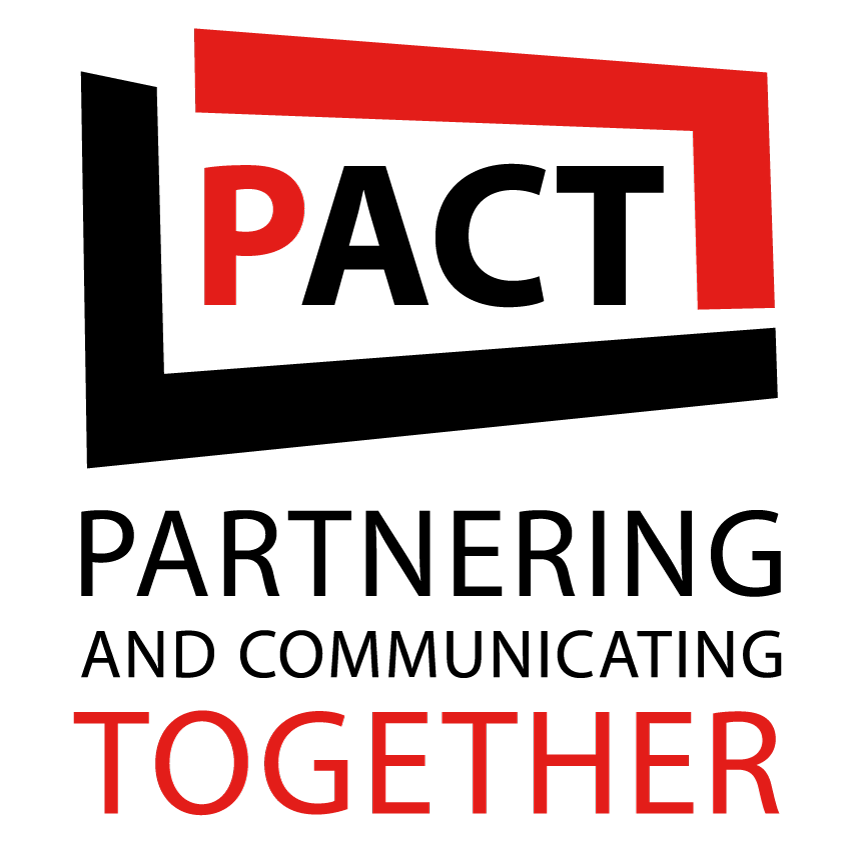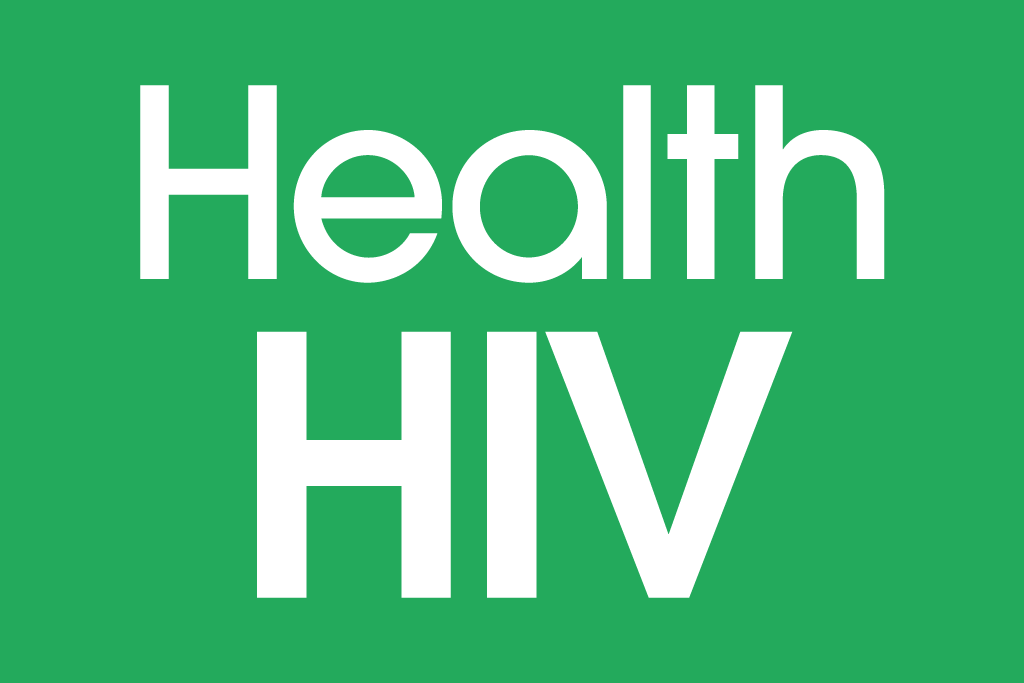Infection with HIV can accelerate aging within the first two to three years of infection, study says
Living with HIV may have an immediate effect on how your body ages, according to new research which showed that cellular aging was sped up in male patients within two to three years of infection. Read the article from CTV News: https://www.ctvnews.ca/health/infection-with-hiv-can-accelerate-aging-within-the-first-two-to-three-years-of-infection-study-says-1.5971466
Optimizing PrEP Access through Advocacy
This webinar focuses on medication therapy management protocols and their impact on prescription drug coverage policies. It also will look at PrEP access through a health equity lens and will include a review of the drug utilization review process, insurance models, and health impact analysis—considering the impact of each on patients and care.
Racial injustice and meaningful involvement of PLH
The racial justice & MIPA session will engage participants with interactive activities, discussions, and team building exercises. Upon completion participants will have a greater understanding of the intersectionality of HIV and racial injustice. In addition, participants will be able to gain important tips towards operationalizing MIPA within their organizations. Learning Objects: Recall the importance of […]
Assessing organizational cultural responsiveness to engage clients
The LGBTQIA Inclusion session will engage participants with interactive activities, discussions, and team building exercises. Upon completion participants will have a greater understanding of LGBTQIA language, culture, and appropriate ways to engage community members. In addition, participants will be able to differentiate between gender identities, sexual orientation, and other cultural definitions. Learning Objects: Define the […]
Patient-centered care: Implementing harm reduction & motivational interviewing
Harm reduction is a range of public health policies designed to reduce the harmful consequences associated with various human behaviors, both legal and illegal. Harm reduction policies are used to manage behaviors such as recreational drug use and sexual activity in numerous settings that range in services. Motivational Interviewing is a person-centered, evidence-based, goal-oriented, strengths-based […]
U=U messaging
Prevention Access Campaign’s Undetectable = Untransmittable (U=U) is a growing global community of HIV advocates, activists, researchers, and over 970 Community Partners from 101 countries uniting to clarify and disseminate the revolutionary but largely unknown fact that people living with HIV who are on treatment and have an undetectable viral load cannot sexually transmit HIV. […]
Policy and HIV programs: Staying relevant to meet client needs
This workshop will provide participants with an overview of how current policies and legislation can affect the implementation and effectiveness of Early Intervention Services for HIV prevention and treatment. Participants will learn how policies can form “structural barriers” to care for clients, with the intention of developing strategies to help clients mitigate the impacts of […]
Sharing your success through narrative reporting
Narrative reporting is an essential component of the grant writing experience. Project officers often require this report quarterly and annually. Reporting honestly allows transparency throughout the duration of the grant. This presentation will review each component of narrative reporting and help participants to hone their respective skills in practice. Learning Objectives: Utilize the narrative […]
Rapid PrEP & ART in a status neutral world
Sometimes a major change is needed to spark new ideas and efforts. The promise of using PrEP and U=U in combination to end the HIV epidemic has inspired a paradigm shift in HIV programs, one that is already having an impact on HIV transmission in some places. New York City has pioneered an approach that […]
Hi-V program monitoring & evaluation
Regional early intervention services for HIV prevention and treatment continue to be a priority for the District and those who live, play and work in the eligible metropolitan area. While client needs may differ, prevention and treatment efforts across the care continuum must utilize a standardized approach. To improve access to and use of quality, […]



